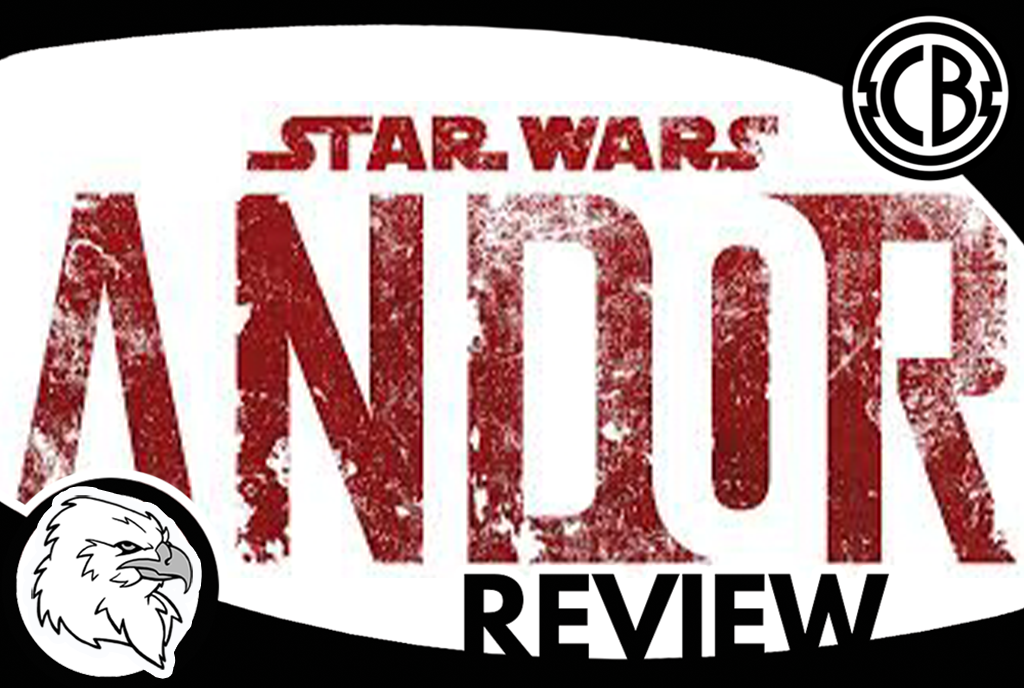The key component to longevity and the near-universal appeal of the Star Wars franchise has always been its simplicity. A student of international artistic influence, George Lucas distilled richer, headier works down to a pastiche of oblique references and mythological constants and a critical focusing by undersung contributors Brian De Palma and Marcia Lucas resulted in a tight, perfectly-accessible adventure film that seismically redefined how popular media was packaged and presented. Beyond simply being a defining achievement in special effects, the polished gleam of binary morality at its core stood in as a radical contrast to the storytelling environment of the 1970s with its grim post-Vietnam ambiguity and despair. 'Star Wars' was the Happy Meal waiting to happen. Its hero plucky and apolitical, motivated by primal narrative impulses of thirst for adventure and romance beyond his station, his opposition unsubtlely dressed by John Mollo by way of Hugo Boss in Gestapo uniforms, pop narrative shorthand later reused by Lucas and Spielberg in their Indiana Jones films. Only a few decades removed from the very real Third Reich, Lucas needed little world building to immediately communicate the partisan lines the audience would be asked to sympathize on. Some distant conception of a Galactic Senate is mentioned to be finally dismantled. An instantaneous Holocaust is bloodlessly committed.
Read More
